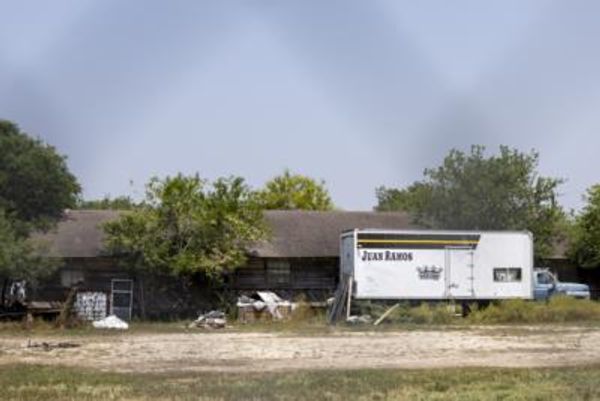
Hydrogen-electric aircraft could transport athletes around the Brisbane 2032 Olympics after a local aviation company, university and research centre revealed plans to develop the technology.
Stralis Aircraft on Wednesday announced it would retrofit a light plane with its hydrogen-electric propulsion system, in partnership with QUT and the iMove Co-operative Research Centre.
The company expects to fly the renewable energy-powered aircraft in the second half of 2024.
The announcement comes after Air New Zealand revealed plans to add an electric aircraft to its fleet in 2026 for cargo transport and after the federal government established a Jet Zero Council to lead efforts to reduce emissions from air travel.
Stralis chief executive Bob Criner said the company would fit its hydrogen-electric technology into a Beechcraft Bonanza A36 aircraft, with its first flight expected in the third quarter of the year.
The technology, he said, was designed to cut aviation's stubborn carbon emissions.
"We're not just creating hydrogen aircraft, we're redefining what air travel can be: cleaner, more efficient and fundamentally eco-friendly," Mr Criner said.
"(We're) not just focusing on the technology but also how it can be rapidly implemented and scaled."
The Brisbane company plans to show off the hydrogen-electric plane at COP31 in 2026, if Australia wins the right to hold the event, and use the aircraft to transport athletes during Brisbane's Olympic Games.
Stralis' future plans also include retrofitting a larger, twin-engine Beech 1900 aircraft as well as developing its own 50-seat aircraft.
QUT will provide Stralis with assistance in modelling and testing the hydrogen technology, and will use its findings in its engineering and renewable energy courses.
iMove managing director Ian Christensen said the partnership between researchers and aviation firms would help both groups advance faster.
"By combining expertise in research, technology and industry knowledge, this project is poised to make a s significant impact on Australia's aviation industry," he said.
The announcement comes after Air New Zealand this month revealed plans to add a battery-powered plane, Beta's Alia, to its domestic fleet in 2026 for New Zealand Post deliveries.
Many major airlines have chosen to invest in the development of sustainable aviation fuels to cut air travel emissions instead, which will see fuel made from agricultural waste.
Both Qantas and Virgin Australia have committed to using the biofuel to reduce emissions and to the industry's goal of reaching net-zero emissions by 2030.
Earlier this year, a CSIRO report predicted sustainable aviation fuel could power as much as 90 per cent of all Australian domestic flights by 2050.







